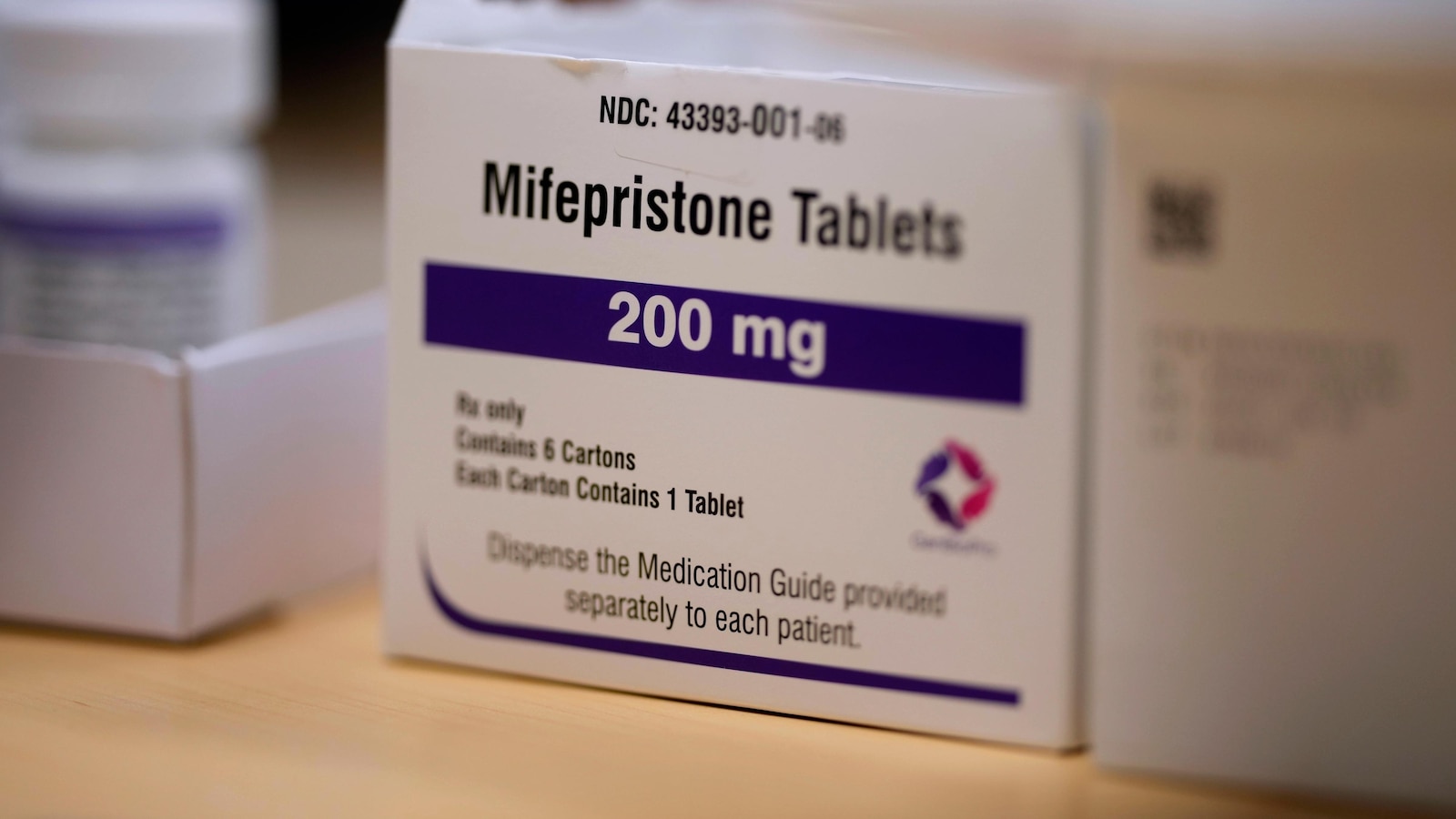Despite Louisiana already implementing near-total abortion restrictions, including medication, the reclassification of mifepristone and misoprostol took effect earlier this month. Supporters of the law contend that increased oversight and control over these medications are necessary to prevent forced abortions, citing a Texas case in which a pregnant woman was given misoprostol pills by her husband without her knowledge, resulting in the baby surviving.
Opponents, including medical professionals, argue that the law imposes additional burdens on healthcare providers, potentially harming patients facing emergency complications such as postpartum hemorrhage due to the extra steps and stringent storage requirements now mandated for these medications. The lawsuit states, “Even slight delays in accessing misoprostol can be life-threatening for patients with postpartum hemorrhage.” It also claims the law violates various provisions of the Louisiana Constitution, including protections against discrimination based on an individual’s physical condition.
Louisiana Attorney General Elizabeth Murrell stated that she had not seen the lawsuit as of Thursday afternoon but expressed confidence in the law’s constitutionality, saying, “We will vigorously defend it.”
The lawsuit’s plaintiffs include not only the physician and pharmacist but also the Birthmark Doula Collective, a group of trained individuals providing pregnancy care before, during, and after birth. Among the individual plaintiffs is Nancy Davis, a woman who was denied an abortion in Louisiana and had to leave the state upon learning that her fetus would not survive. Another plaintiff recounted being turned away from two emergency rooms instead of receiving an abortion treatment.
Prior to the reclassification, mifepristone and misoprostol already required a prescription in Louisiana. However, under the new law, these pills are now classified as “Schedule IV drugs,” placing them in the same category as the opioid tramadol and other potentially addictive substances. This reclassification introduces penalties of up to $5,000 in fines and prison sentences ranging from one to five years for anyone found in possession of mifepristone or misoprostol without a valid prescription.
While the law aims to provide safety for pregnant women obtaining medication without a doctor’s prescription, it is also recognized as the first of its kind in the U.S. Republican Governor Jeff Landry, along with several GOP lawmakers and anti-abortion groups, have championed this reclassification. However, doctors warn of the potentially fatal delays that could arise due to the law’s stipulations.
Under the new classification, healthcare providers face additional steps and stricter storage requirements, which could slow access to these medications in emergencies. Besides inducing abortion, these medications are also utilized to treat miscarriages, induce labor, and stop bleeding. Before this law, some doctors indicated that misoprostol could be kept in hospital rooms, on delivery tables, or even in nurses’ pockets. Now, under the new classification requirements, these medications may only be available in sealed containers or possibly through in-house pharmacies at smaller hospitals.


